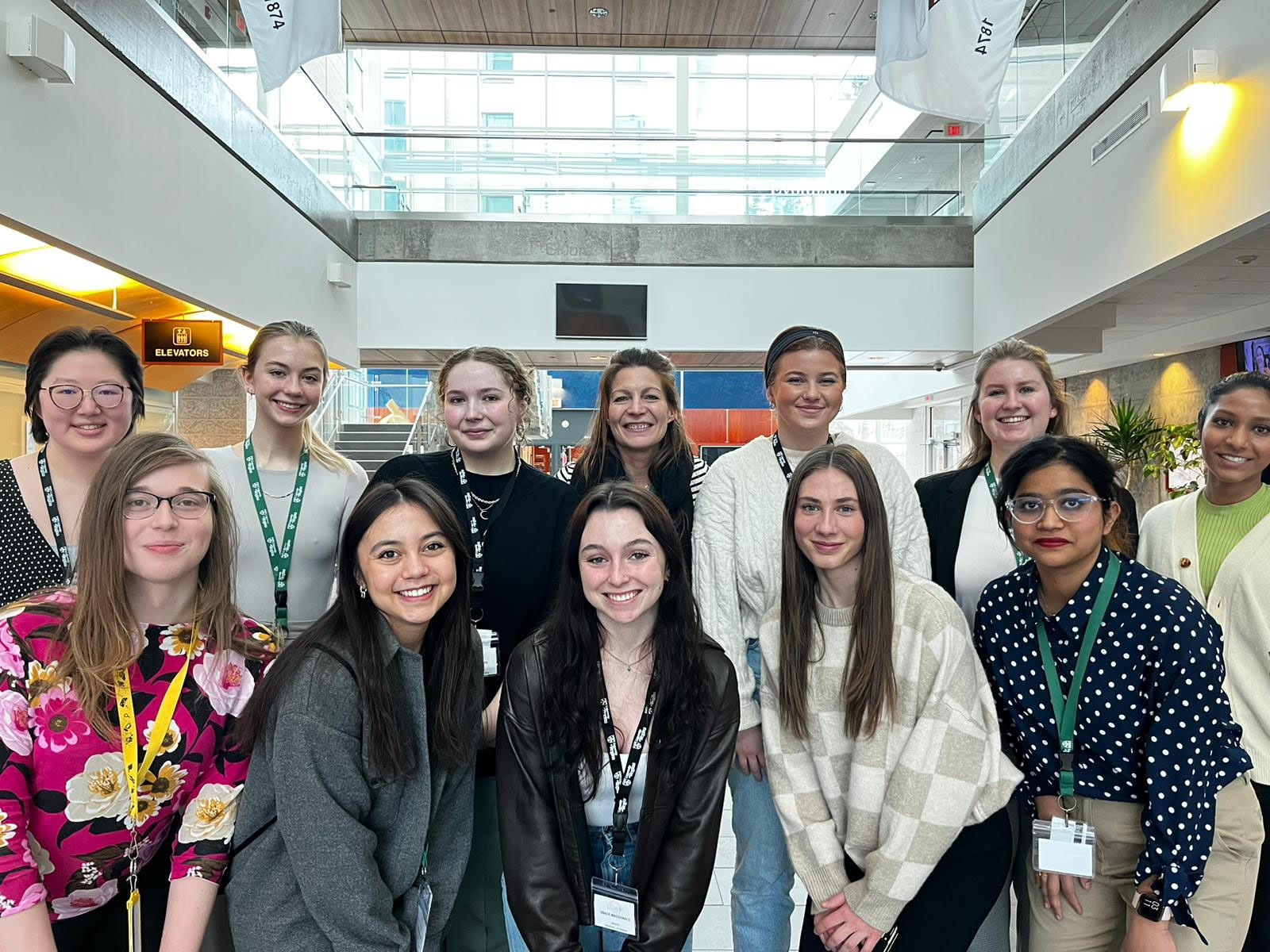Conference promotes scientific, professional, and personal growth for women in Physics
The annual Canadian Conference for Undergraduate Women in Physics (CCUWiP) offers opportunities for scientific, professional, and personal growth.

The annual Canadian Conference for Undergraduate Women in Physics (CCUWiP) offers opportunities for scientific, professional, and personal growth.